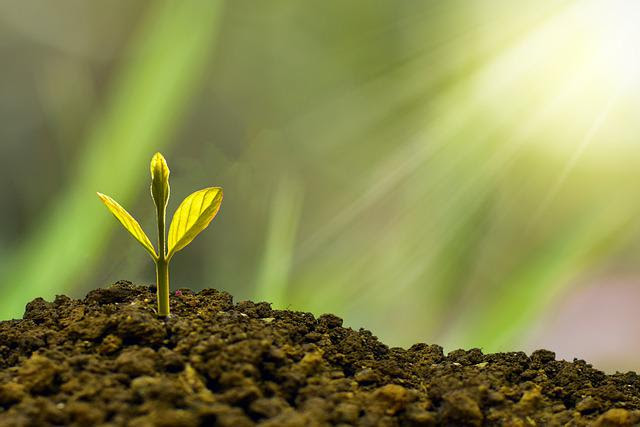EDGEy Conversation with EDGE Staff: What is the Nature of Sabotage? 
“Sabotage” is a concerning word, isn’t it? The idea of forces trying to hinder our ability to meet a goal or achieve an outcome isn’t a nice one to contemplate.
But it’s an idea that does need scrutiny, as it generally comes with some assumptions.
Assumption 1: It’s ExternalYou can likely imagine myriad ways that someone might sabotage you. Is it possible that we could sabotage ourselves with our attitudes, actions, or words? Is it possible that God might sabotage us?
Assumption 2: It’s IntentionalCan you sabotage someone else without intending to? For that matter, could you be sabotaging someone unconsciously? Could someone verbally express their hopes for another’s success and mean it while simultaneously, without realizing it, take action to undermine that person’s chances? What would cause someone to do that?
Assumption 3: Its Motivations are NegativeIs it sometimes necessary to sabotage others (or to make it look like we have?) An intervention for someone with substance abuse problem is an attempt to sabotage the person’s further efforts to engage in addict behaviour and get them into a treatment. The people running the intervention likely don’t see it that way, but the person at the centre of it might. Should motivation matter when we’re defining sabotage?
Assumption 4: It’s Universally RecognizedWould everyone in a group define a given act as sabotage, or does it depend on each person’s perception? Could personal history and knowledge of or experience with a group or individual cause someone to label an action as “sabotage” that other people wouldn’t? Who’s right and wrong? How can we create the kind of environments where people feel comfortable “checking in” with others about their perceptions to make sure that they’re interpreting interactions accurately?
Should the real take-away be that, when it come to sabotage, we really shouldn’t make assumptions?
Watch this recent Staff EDGEY Conversation for musings on the nature of sabotage, the conditions under which it thrives, and how we can live in healthy relationship to it. [Image credit: Humusak on Pixabay.com] | 




No comments:
Post a Comment